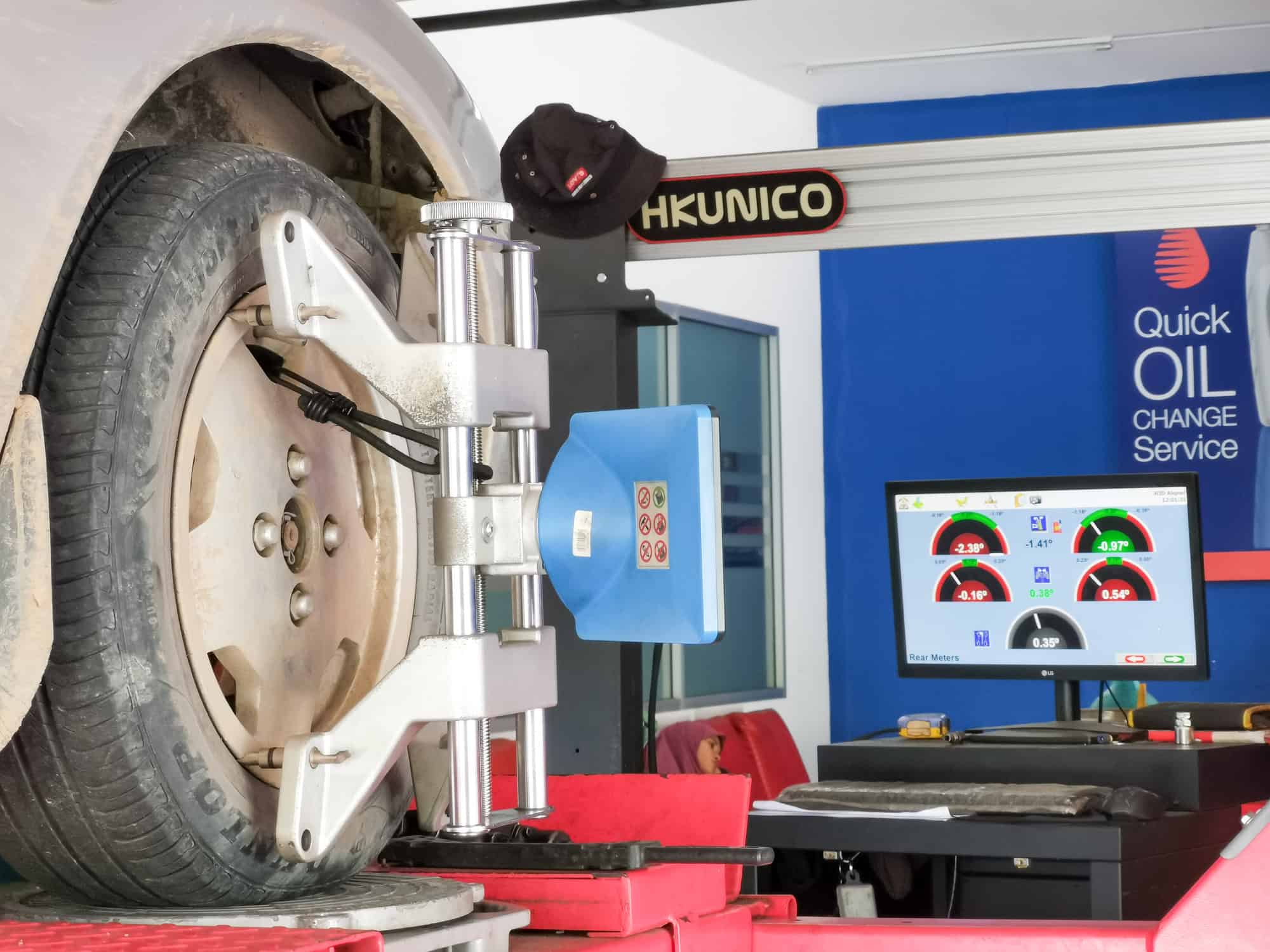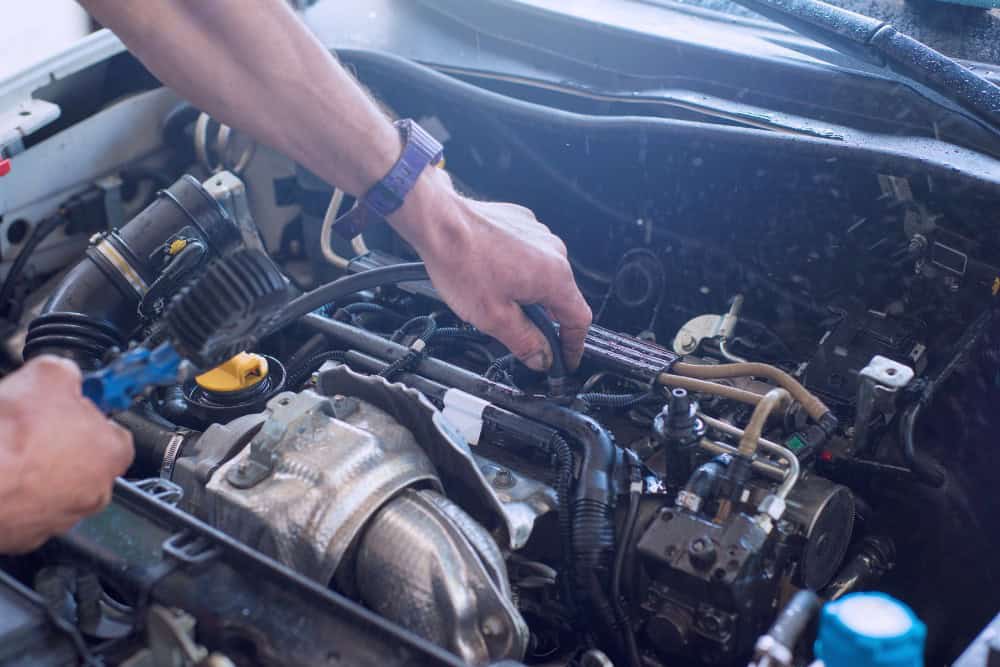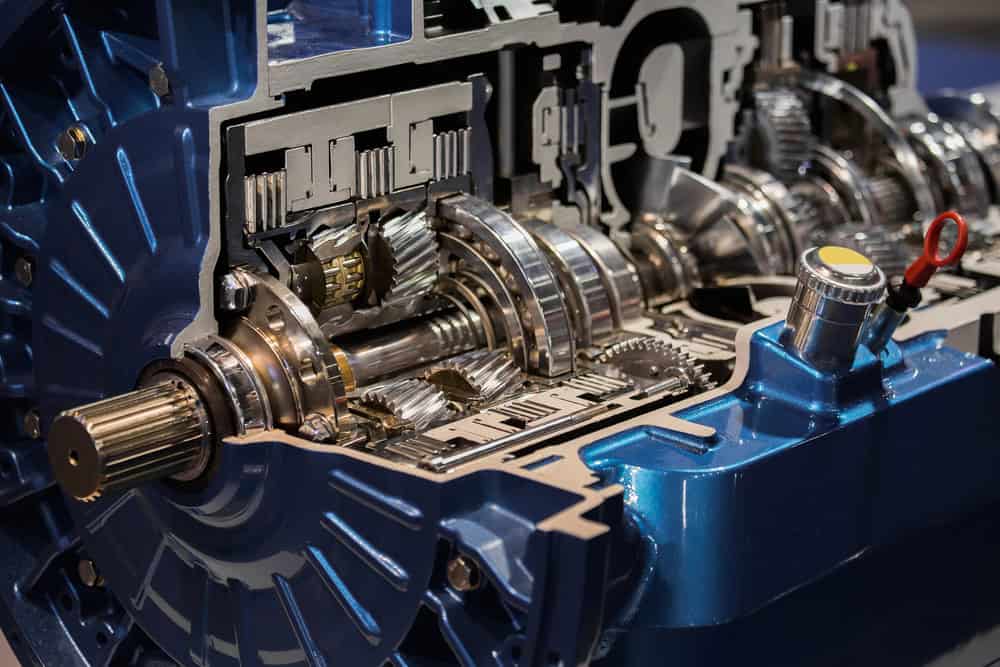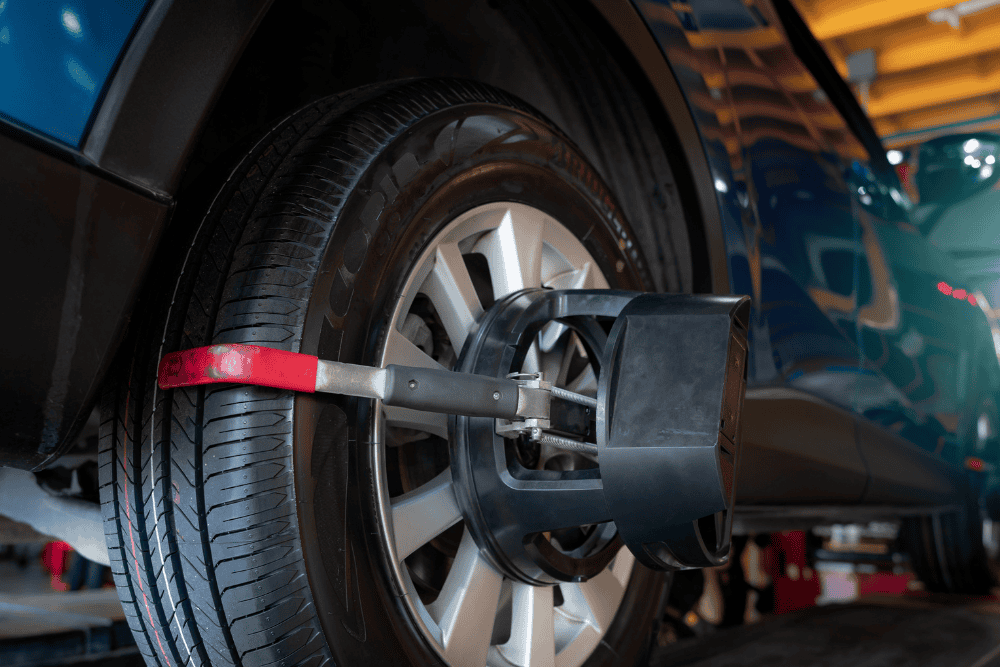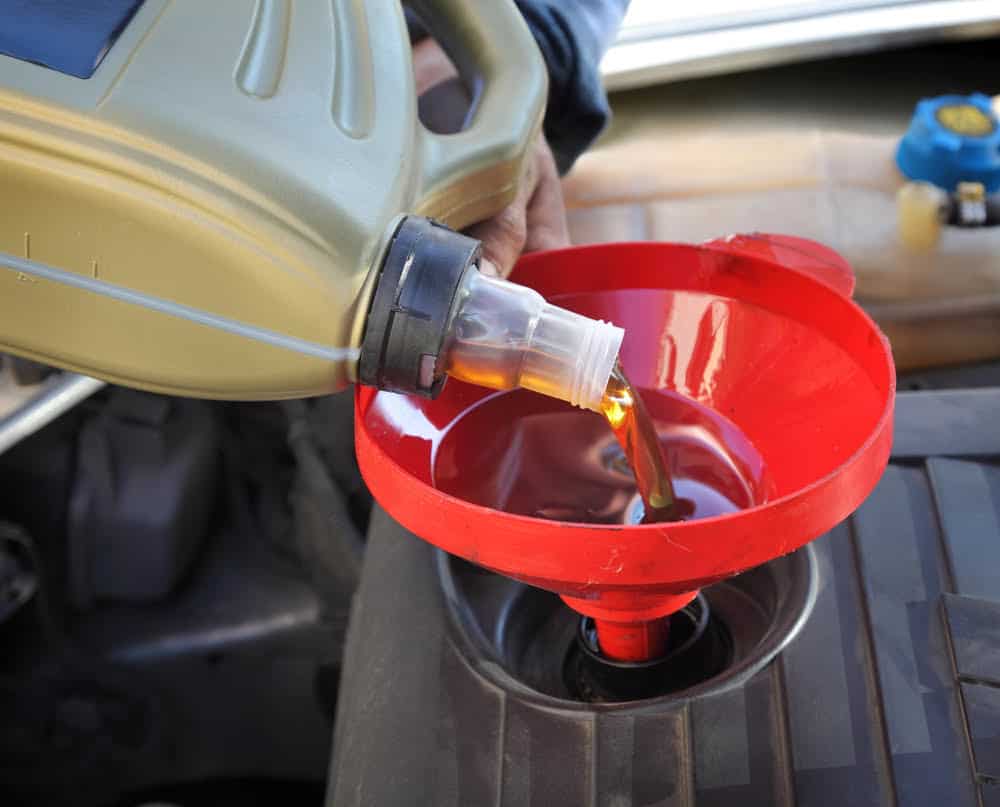What “limp mode” means on a Prius—and why the inverter is usually to blame
Owners describe the same scary sequence: multiple warning lamps, a sudden drop in power, and a Prius that will only creep to the shoulder. That reduced‑power behavior is a protective “fail‑safe” the hybrid system enters when the intelligent power module (IPM) inside the inverter registers over‑current/over‑heat stress or a related fault. Toyota’s 2014 E0E recall covered a software update to reduce thermal stress; the technical instructions were later updated to include inverter repair for vehicles that already suffered damage. In 2018, Toyota issued J0V—another software update for 2010–2014 Prius (and 2012–2014 Prius v)—to further address stall‑risk conditions tied to the inverter. (NHTSA) Additionally, for those in need of local expertise, Prius inverter repair Winston‑Salem is a vital service to consider.
When the inverter/IPM fails or derates, the hybrid ECU can set P0A94, P324E, P0A1A, and/or P3004. Toyota service bulletins (and a warranty enhancement) tie those specific codes to internal inverter faults and outline repair paths that go beyond “clear codes and hope.” That code set is our North Star when we work on Prius inverter repair Winston‑Salem cases. (NHTSA) The thorough approach we take during Prius inverter repair Winston‑Salem ensures we address the root of the problem effectively.
How we diagnose—quick triage vs. deep‑dive testing
A reliable Toyota Prius repair Winston‑Salem outcome starts with evidence. Here’s the workflow we run before discussing parts.
Confirm the complaint, capture codes, check software level
- Scan and snapshot. We record freeze‑frame data and hybrid ECU history; codes like P0A94/P324E/P0A1A/P3004 point to the inverter assembly with converter. (NHTSA)
- Software level. We verify whether E0E and J0V updates were applied; Toyota’s recall documents and FAQs specify eligibility windows and calibration notes. Software currency informs both diagnosis and coverage. (NHTSA)
- Health check. We confirm 12V battery condition and network health; low system voltage can complicate hybrid fault cascades.
Thermal checks: coolant flow, condenser stack, and load conditions
Inverters dislike heat. We check inverter coolant flow, confirm the cooling pump is circulating fluid, and inspect the condenser/radiator stack for debris that restricts airflow—an easy way to induce stress in July traffic. Real‑world loads (A/C on, low‑speed climbs on Business 40 or US‑421) recreate conditions that trigger fail‑safe so we can test, not guess. That thermal context is vital for durable Prius inverter repair Winston‑Salem results.
DTC‑driven decision tree: repair vs. replace
Toyota’s technical guidance tells techs to identify the specific failed pieces inside the inverter assembly with converter. After 2016, and again in the 2021 superseding bulletin, Toyota instructed dealers and qualified shops how to isolate which internal inverter components need replacement vs. when a complete inverter assembly is required. We follow those decision trees to the letter. (NHTSA)
Repair paths that hold up in Triad heat (with recall context)
1) Software remediation (E0E/J0V) + verification
If a Prius qualifies and hasn’t received the software, the recall update reduces IPM stress under certain conditions. After programming, we road‑test with A/C load to ensure the hybrid system behaves as designed. Toyota’s recall documents detail the conditions these updates address. (NHTSA)
2) Warranty Enhancement Program (ZE3) / inverter repair
Toyota’s Warranty Enhancement Program for the IPM/inverter (ZE3) spells out coverage for vehicles that set P0A94/P324E/P0A1A/P3004, contingent on E0E completion and VIN/date windows. If eligible, that program can convert a scary repair into a manageable one. We check eligibility as part of every Toyota Prius repair Winston‑Salem intake. (NHTSA)
3) Component‑level repair vs. full inverter assembly
Per Toyota’s service bulletin (superseding T‑SB‑0036‑16, now T‑SB‑0003‑21), technicians are directed to test within the inverter assembly to determine whether to replace internal converter/IPM components or the entire unit. This is where proper diagnostics beat parts‑swapping—and where documented procedures protect you long‑term. (NHTSA)
4) System hygiene that prevents comebacks
- Clear the condenser/radiator fins and verify shrouds/seals.
- Confirm inverter coolant pump operation and correct Toyota‑spec coolant after repairs.
- Validate 12V system health so low voltage doesn’t cascade into hybrid faults.
These basics sound small, but in July humidity they’re the difference between “fixed” and “fixed until the next heat wave.”
For broader repair planning or to bundle preventive service while your Prius is already in a bay, see Services and our Auto Electrical capability. If you want to confirm brand coverage, check Makes We Service, meet the team on About Us, and lock a slot via Contact Us.
Coverage reality: recalls, warranty enhancements, and VIN checks
- E0E (2014): Software update for the motor‑generator ECU and power‑management ECU; later updated to include inverter repair for vehicles already damaged by the prior condition. (NHTSA)
- J0V (2018): Follow‑on recall for 2010–2014 Prius and 2012–2014 Prius v, addressing stall‑risk conditions via another software calibration. Toyota’s remedy notices and FAQs define eligibility by production date ranges. (NHTSA)
- ZE3 Warranty Enhancement: A Toyota warranty bulletin extended coverage for inverter/IPM failures when specific DTCs are present and prerequisites are met (including E0E completion). It’s not universal; we confirm case‑by‑case. (NHTSA)
Bottom line: For Prius inverter repair Winston‑Salem, recalls and enhancements are powerful—but VIN‑specific. We run the checks, explain what’s covered, and build a plan either way.
Preventive steps that reduce repeat inverter faults
- Keep the cooling stack clean. Bugs and road grit block airflow, raising inverter temperatures during low‑speed climbs and long idles—classic Triad conditions in summer.
- Watch the coolant circuit. The inverter’s dedicated loop must circulate; if the pump isn’t moving fluid or the reservoir doesn’t show flow, address it before a road trip.
- Mind the 12V system. Weak 12V batteries create odd hybrid behavior; verify state of health after any inverter event.
- Don’t ignore “reduced power.” If your Prius enters fail‑safe, capture codes before cycling the car repeatedly; stored data shortens diagnosis and leads to a cleaner Toyota Prius repair Winston‑Salem outcome.
When your schedule is tight, we can pair hybrid work with routine care like Oil Change Service or a safety check such as Brake Repair while the car is already on a lift.
Why Prius owners choose us for Prius inverter repair Winston‑Salem
- Bulletin‑driven workflow. We follow Toyota’s technical instructions and current service bulletins rather than “try this” parts darts. (NHTSA)
- Coverage clarity. We run E0E/J0V/ZE3 status before estimates so you know your options up front. (NHTSA)
- Proof of fix. You get pre‑/post‑repair data and a real‑world road test under A/C load—because Toyota Prius repair Winston‑Salem should hold up in July, not just in the parking lot.
FAQs
1) My Prius went into reduced power with multiple warning lights—is that the inverter?
Often, yes. The hybrid ECU enters “fail‑safe” when the inverter/IPM registers stress or faults. Common codes: P0A94, P324E, P0A1A, P3004. Toyota’s bulletins tie those to the inverter assembly with converter. (NHTSA)
2) Didn’t Toyota already fix this with a recall?
Two, actually: E0E (2014) software update (later permitting inverter repair) and J0V (2018) for additional conditions. Eligibility and remedies are VIN‑specific; we check status during intake. (NHTSA)
3) What’s the Warranty Enhancement (ZE3)?
A Toyota program that extends coverage for inverter/IPM failures when specific DTCs are present and prerequisites (e.g., E0E completion) are met. Not universal—VIN must qualify. (NHTSA)
4) Which codes mean I’m probably looking at inverter work?
P0A94, P324E, P0A1A, P3004 are the classic set referenced by Toyota service bulletins for the 2010–2015 Prius and 2012–2017 Prius v. (NHTSA)
5) Why test the cooling stack on a Prius electrical issue?
Because thermal load contributes to IPM stress. Blocked fins or weak airflow can push the inverter toward fail‑safe in summer traffic—even with good software.
6) Can you replace parts inside the inverter instead of the whole unit?
Sometimes. Toyota’s bulletin T‑SB‑0003‑21 (which superseded earlier guidance) explains how to determine which internal components to replace. (NHTSA)
7) Will a weak 12V battery cause this?
It can complicate diagnosis and trigger other warning lights. We load‑test the 12V system to avoid chasing phantom faults.
8) How do I start the process?
Book a diagnostic slot. We’ll verify recall status, capture codes, confirm software, and build a Prius inverter repair Winston‑Salem plan you can trust through the summer. Use Contact Us.
Sources
- Technical Instructions—Safety Recall E0E (2010–2014 Prius): software update for MG ECU & power‑management ECU; update later includes inverter repair. (NHTSA)
- Safety Recall J0V (2018) — Remedy Notice & FAQs: software update for 2010–2014 Prius and 2012–2014 Prius v addressing stall‑risk. (NHTSA)
- Warranty Enhancement Program (ZE3) — IPM/Inverter Assembly: DTCs P0A94/P324E/P0A1A/P3004; coverage contingent on conditions. (NHTSA)
- T‑SB‑0003‑21 (supersedes T‑SB‑0036‑16): MIL ON with P0A94/P324E/P0A1A/P3004; diagnostic/repair procedure for inverter assembly with converter. (NHTSA)
Ready to move beyond warning lights and limp mode? Lock in Prius inverter repair Winston‑Salem with a team that follows Toyota’s playbook and proves the result on the road. To receive an estimate and a VIN‑based coverage check, start on Contact Us or see our full Services lineup.

